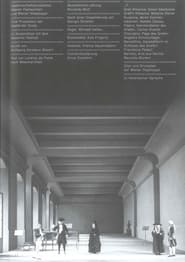detail profile simon keenlyside
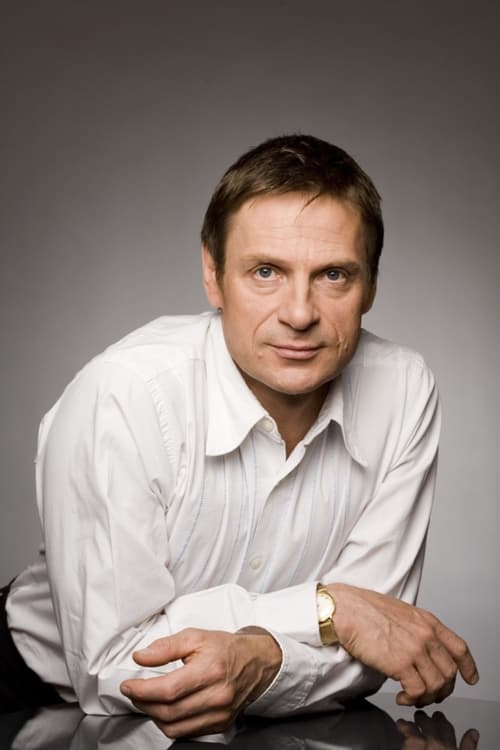
Riwayat Hidup
Simon Keenlyside was born on August 3, 1959 in London, England as Simon Joseph Keenlyside.
He is an actor, known for Hamlet, Ambroise Thomas (2004), Macbeth (2011) and Don Giovanni (2008).
Info Pribadi
Peran Yang Di Mainkan Simon Keenlyside
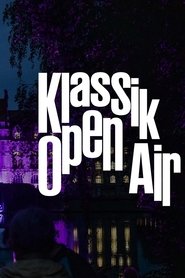 Ten years ago the Hannover Klassik...
Ten years ago the Hannover Klassik...Hannover Klassik Open Air 2024 2024
Ten years ago, the ‘Hannover Klassik Open Air’ was launched under the motto ‘Opera for everyone’. A success story that has lost none of its charm to this day. This anniversary show presents highlights from past open-air concerts with new international singing stars in Hanover's illuminated Maschpark.
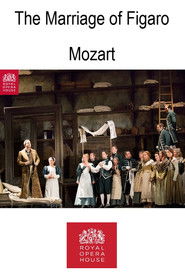 A count has designs on his...
A count has designs on his...The Marriage of Figaro - ROH 2019
A count has designs on his personal valet's fiancée and is determined to stop their wedding taking place. Meanwhile, the countess tries to regain her husband's love by any means necessary. Mozart's great comic opera is a tale of intrigue, misunderstanding and forgiveness. Christian Gerhaher plays the clever Figaro and Simon Keenlyside his aristocratic master in this revival of David McVicar's much-loved production at the Royal Opera House.
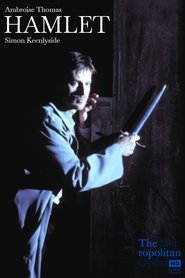 After over a century out of...
After over a century out of...Thomas: Hamlet 2010
After over a century out of the Met’s repertoire, audiences were thrilled to discover just what a sensational evening in the theater Thomas’s Hamlet can be. Simon Keenlyside’s riveting performance as the tortured Prince of Denmark in Patrice Caurier and Moshe Leiser’s starkly brooding production had critics raving that Keenlyside’s superb singing, coupled with his deftly delineated three-dimensional Hamlet, was one of the greatest examples of operatic drama of our time. The cast includes Marlis Petersen as the long suffering Ophélie, who brilliantly shows why her mad scene is so justly famous, along with Jennifer Larmore and James Morris as Gertrude and Claudius.
 Inspired by one of the twentieth...
Inspired by one of the twentieth...1984 2008
Inspired by one of the twentieth century's greatest novels, composer Lorin Maazel evokes Orwell's totalitarian nightmare, where "Big Brother" is always watching, and those guilty of "thoughtcrime" are condemned to face their worst fears in the infamous "Room 101". Filmed during world premiere performances of Robert Lepage's spectacular and psychologically gripping Royal Opera production and conducted by the composer, an international cast brings George Orwell's dark vision to shattering operatic life.
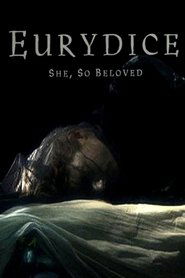 Commissioned by Opera North the Brothers...
Commissioned by Opera North the Brothers...Eurydice: She, So Beloved 2007
Commissioned by Opera North, the Brothers Quay created the installation and film 'She, So Beloved' inspired by Rainer Maria Rilke’s poem ‘Orpheus. Eurydice. Hermes.’ The Orfeo myth is re-told through a combination of art forms; film, dance, music and visual art contained within a contemporary staged installation to provide an intimate sensory experience.
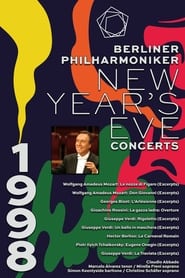 The annual New Years Eve Concert...
The annual New Years Eve Concert...The Berliner Philharmoniker’s New Year’s Eve Concert: 1998 1998
The annual New Year’s Eve Concert is one of the highlights in the calendar of every classical music fan in Berlin and beyond. On New Year‘s Eve, the Berliner Philharmoniker invite an exceptional soloist for a festive gala. Together, the musicians bid farewell to the old year and welcome the new. The 1998 concert was conducted by Claudio Abbado and featured Marcelo Álvarez (tenor), Mirella Freni (soprano), Simon Keenlyside (baritone), Christine Schäfer (soprano) performing: Wolfgang Amadeus Mozart: Le nozze di Figaro (Excerpts), Wolfgang Amadeus Mozart: Don Giovanni (Excerpts), Georges Bizet: L'Arlésienne (Excerpts), Gioachino Rossini: La gazza ladra: Overture, Giuseppe Verdi: Rigoletto (Excerpts), Giuseppe Verdi: Un ballo in maschera (Excerpts), Hector Berlioz: Le Carnaval Romain, Piotr Ilyich Tchaikovsky: Eugene Onegin (Excerpts), Giuseppe Verdi: La Traviata (Excerpts).
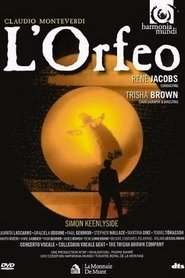 First seen at La Monnaie in...
First seen at La Monnaie in...L'Orfeo, Favola in musica 1998
First seen at La Monnaie in Brussels on 13 May 1998, this production of Monteverdi’s L’ORFEO seen through the eyes of Trisha Brown and René Jacobs has become an operatic classic in a few short years. This is doubtless because it offers a total symbiosis of music, text and movement – described by the critic of the Daily Telegraph of London as being ‘as close to the perfect dance opera as I have ever seen’. Or to quote Gilles Macassar in Télérama: ‘In the pit and onstage, the Brussels production has only one watchword: mobility, nimbleness, dexterity. The singers run, fly, whirl like dancers defying gravity. From the flies down to the footlights, the whole theatre is under a fantastic spell.’ For Christophe Vetter, on ConcertoNet: ‘This Orfeo can be seen again and again with immense pleasure. . . . René Jacobs’s conducting continues to arouse admiration for its precision, its stylistic rigour, its inexhaustible inventiveness and its feeling for the contrasts so vital to this repertoire.’
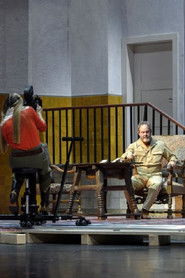
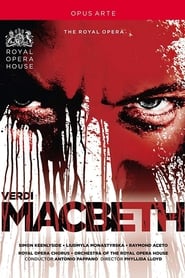 Macbeth the Thane of Glamis receives...
Macbeth the Thane of Glamis receives...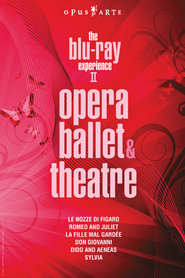
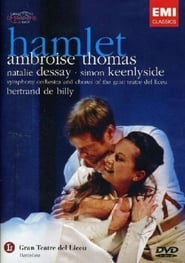 Hamlet suspects his uncle has murdered...
Hamlet suspects his uncle has murdered...